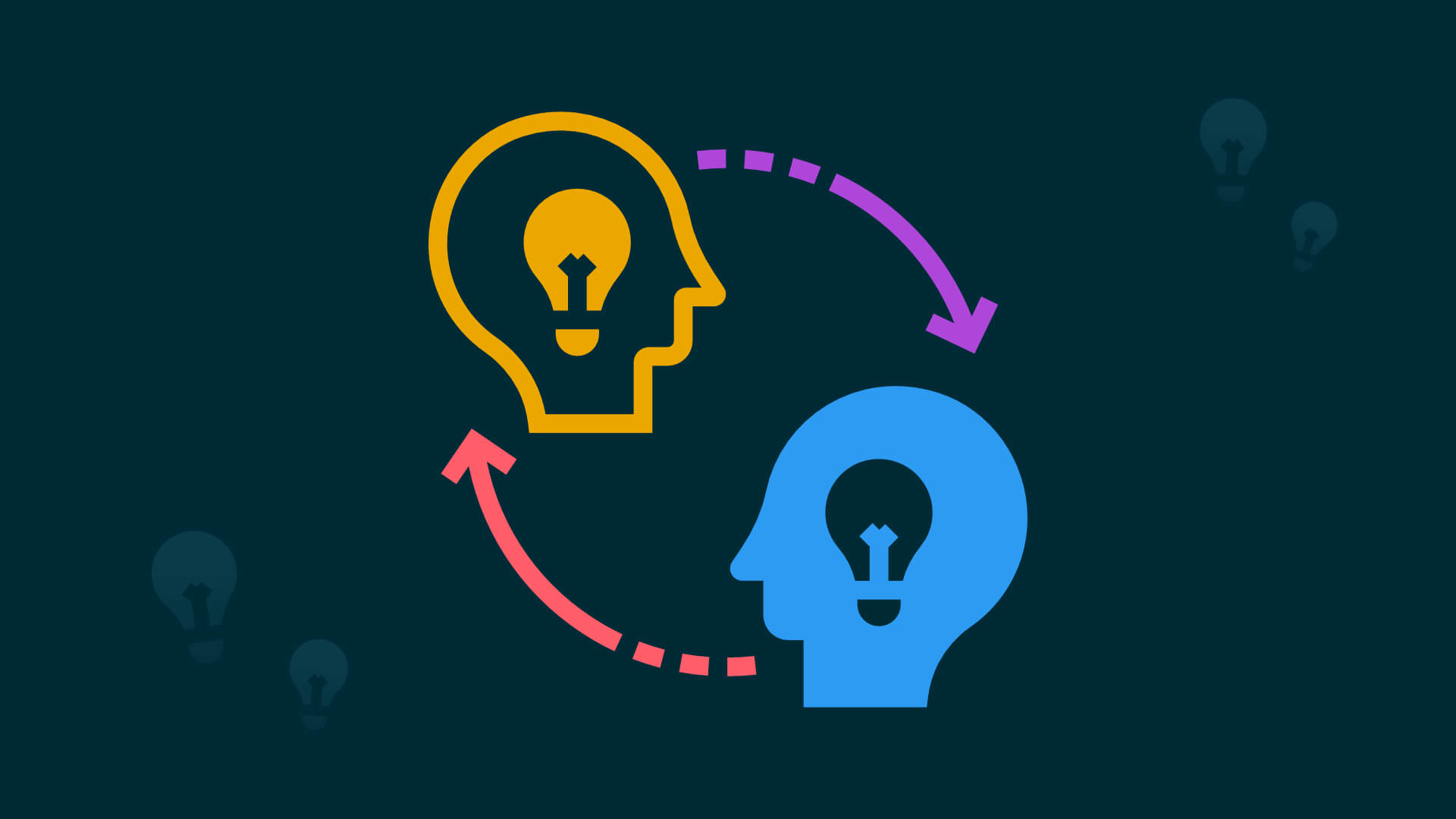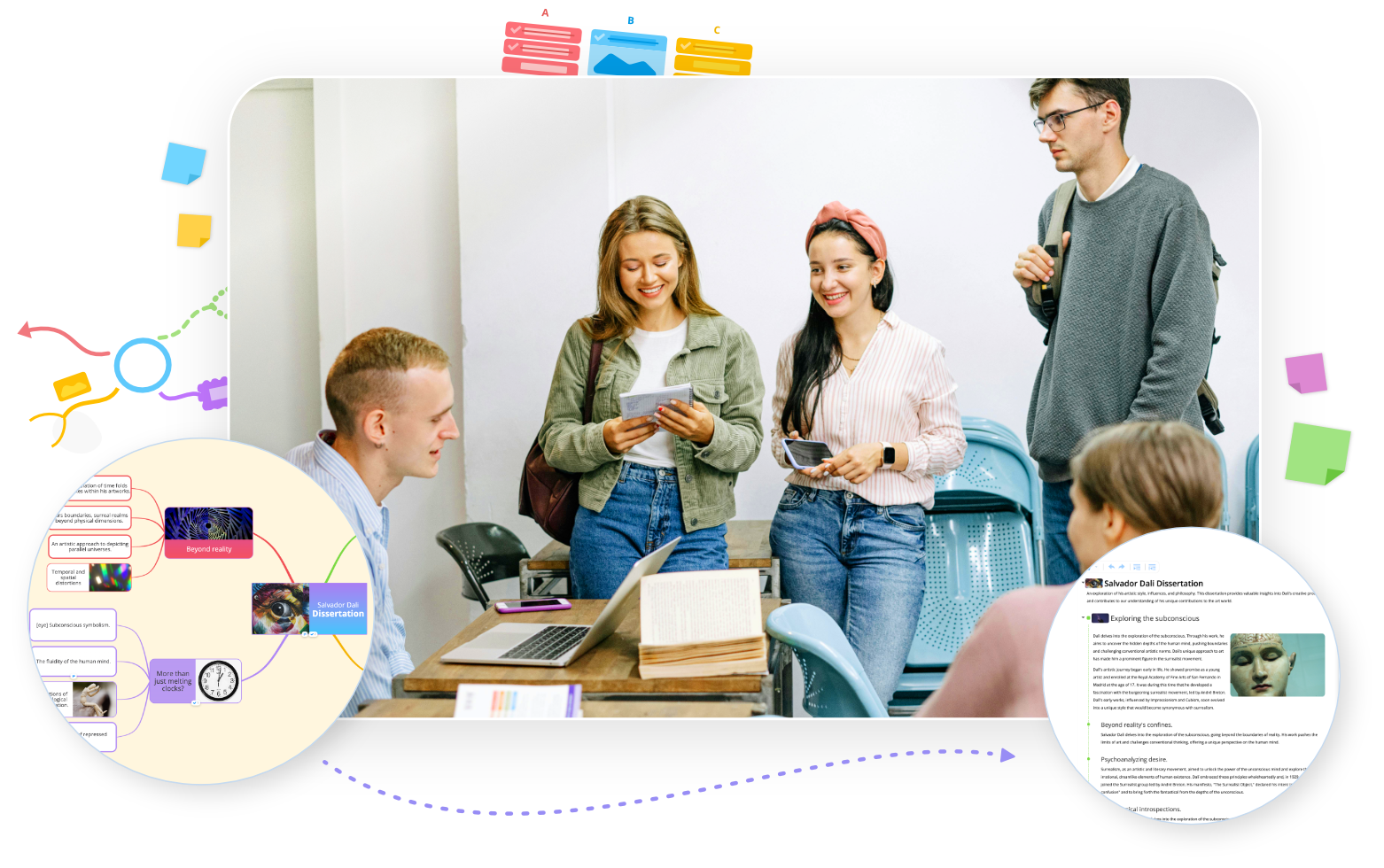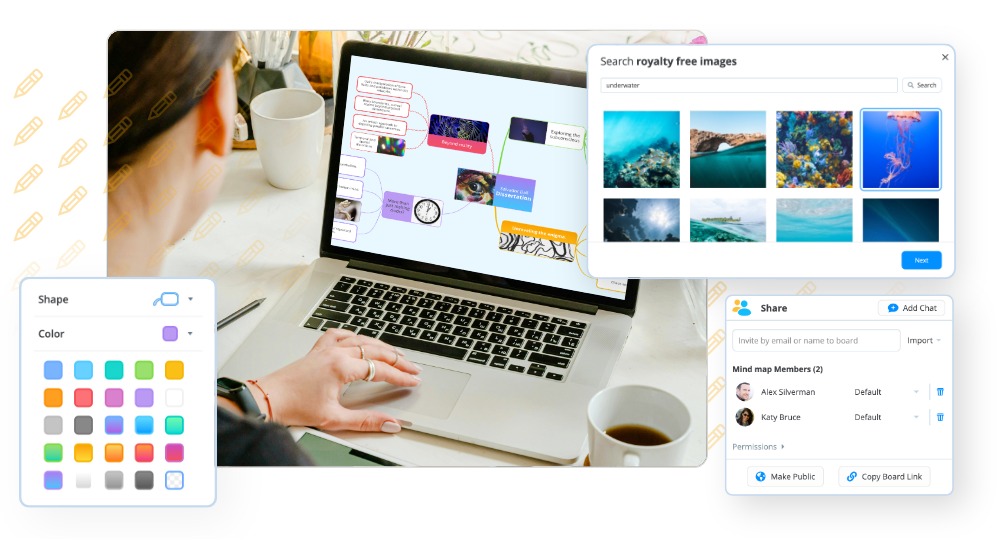For too long, neurodivergent individuals were misunderstood and underrepresented in the media. Once upon a time (and sadly, still on occasion today) neurological differences were wrongly interpreted as something which limited an individual. Of course, we now know that is far from the truth.
Neurodivergence simply refers to differences in neurological makeup; where neurotypical people might process information in one way – neurodivergent individuals will likely process it differently. For example, a person with dyslexia may have issues synthesising text when it comes to reading and writing. However, the neurological difference which produces this effect, is the same as the one which makes dyslexic individuals better at spotting patterns.
Just as differences in preferences of flavour don’t make one chef worse than another, neurodivergence is not a bad thing. It does, however, sometimes require techniques which might differ from typical ones due to these variations in neurological make up. So, if you’re seeking techniques which talk to neurodivergent brains, keep reading.
Get visual
For some neurodivergent individuals, text and numbers can be difficult to process. For neurotypical individuals it is easy to overlook just how much of information – especially in education and the workplace – is solely disseminated through text. Whether it’s emails, articles or spreadsheets, this reliance can be both alienating and exhausting for neurodivergent individuals. Visuals, on the other hand, are much more easily processed (and that goes for everyone). Research has proven that all humans process visual data better. Making the switch to visual representations of information – whether infographics, videos or images – can help neurodivergent individuals greatly when it comes to working, thinking and processing data.
Changing perspective
Neurotypical people often tend to focus on a day-to-day level when it comes to work. What are today’s tasks and how much time is there to do them? While it may feel natural to think this way, neurodivergent individuals don’t always work in the same way. While many are more naturally focussed on the “big picture” and thinking in panoramic terms when it comes to project direction, others are hyper-focussed on granular detail – and both ways of thinking have their own benefits. Instead of trying to fit into “typical” modes of working through a project, giving neurodivergent individuals the chance to focus on what feels natural to them allows them to flourish. Whether that means giving free rein of project strategy or giving licence to consider the nitty-gritty, changing perspective is a good way to work with neurodivergent thinking rather than against it.
Try working non-linearly
The concept of working linearly isn’t as native to you as you think it is. For example, it may seem natural to read left to right, but in other cultures they read right to left, or from top to bottom. In this way, “linear” is more a cultural concept than an ingrained thing. Still, each culture and society has its own typical ways of doing things – and these techniques can be restrictive for neurodivergent individuals. Switching from a technique like note taking to mind mapping is one way to be more inclusive of neurodivergent individuals, as its visual, spatial layout works better with brains which process information in a non-traditional manner. Breaking out of the moulds of conventional work can also encourage creativity and enable new insights – and that goes for neurodivergent and neurotypical individuals. What’s not to like?
Work then break
From school to work, our waking hours are structured around the times we’re working and the times we’re not. Typically ,work is undertaken in solid blocks with only minimal breaks, and while this might work well enough for neurotypical people, it can be much more challenging for those who are neurodivergent.
People with conditions such as ADHD tend to work in short bursts of energy, and in this time they’ll often achieve as much as a typical person might throughout an entire day, due to the nature and intensity of this work. That’s why forcing neurodivergent individuals into the same working patterns as everyone else can be damaging and even lead to burnout. Instead, allowing for working hours which naturally complement energy levels will greatly improve the output and quality of work for neurodivergent individuals. Plus, regular breaks and daydreaming times can also improve creativity. In this way, working then breaking can maximise the abilities of neurodivergent individuals.


